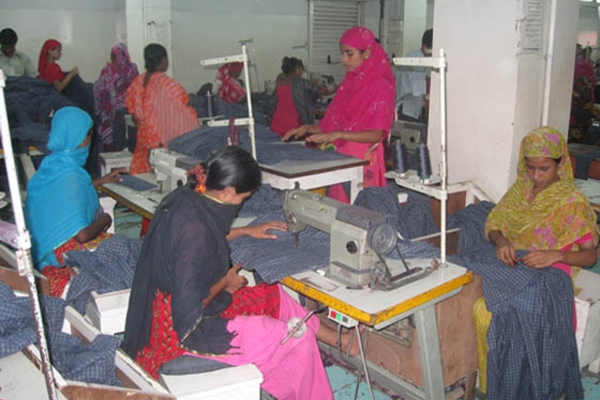|
Better Work Bangladesh: An Industry And Compliance Review Bangladesh
Better Work Bangladesh has released its first Industry and Compliance Review, covering 200 factory assessments conducted between June 2015 and December 2018, providing an overview of the noncompliance findings in factories enrolled with the programme. The data collected measures non-compliance in eight labour standard clusters: four based on ILO core labour standards regarding child labour, discrimination, forced labour, and freedom of association and collective bargaining; and four based on Bangladesh’s labour law relating to compensation, contracts and human resources, occupational safety and health, and working time.
Evaluating the impact of Better Work Bangladesh
Better Work aims to understand and measure its impact on working conditions, workers’ well-being, firm performance and broader social and economic development indicators. Better Work’s impact assessment efforts in Bangladesh are informed by a previous, independent impact assessment of the programme completed in 2016 when Better Work commissioned an independent research organisation to conduct an impact assessment of the programme. Data for analysis included survey and interview data collected from workers, supervisors and firm managers from Haiti, Indonesia, Jordan, Nicaragua and Vietnam. This can be found here. In Bangladesh, a similar investment in impact assessment research is being made, with baseline and midline data collection completed as of 2018. An independent research team working with Better Work Bangladesh has surveyed workers, supervisors and managers over a period of exposure to the programme, and this will serve as the basis for measuring the impact of the programme. This progress brief focuses on learnings to-date from responses to these surveys, and was conducted from October 2017 to April 2018 in 47 BWB garment factories reports on the programme’s impact on working conditions, workers’ well-being, firm performance and broader social and economic development indicators.
Better Work – a collaboration between the United Nation’s International Labour Organization (ILO) and the International Finance Corporation (IFC), a member of the World Bank Group – is a comprehensive programme bringing together all levels of the garment industry to improve working conditions and respect of labour rights for workers, and boost the competitiveness of apparel businesses.
As a result of their participation with Better Work, factories have steadily improved compliance with ILO core labour standards and national legislation covering compensation, contracts, occupational safety and health and working time. This has significantly improved working conditions and, at the same time enhanced factories’ productivity and profitability.
Currently, the programme is active in 1,600 factories employing more than 2.2 million workers in seven countries. As well as advising factories, Better Work collaborates with governments to improve labour laws, and with brands to ensure progress is sustained. We also advise unions on how to give workers a greater say in their lives, and work with donors to help achieve their broader development goals.
Our vision is a global garment industry that lifts millions of people out of poverty by providing decent work, empowering women, driving business competitiveness and promoting inclusive economic growth.
|



